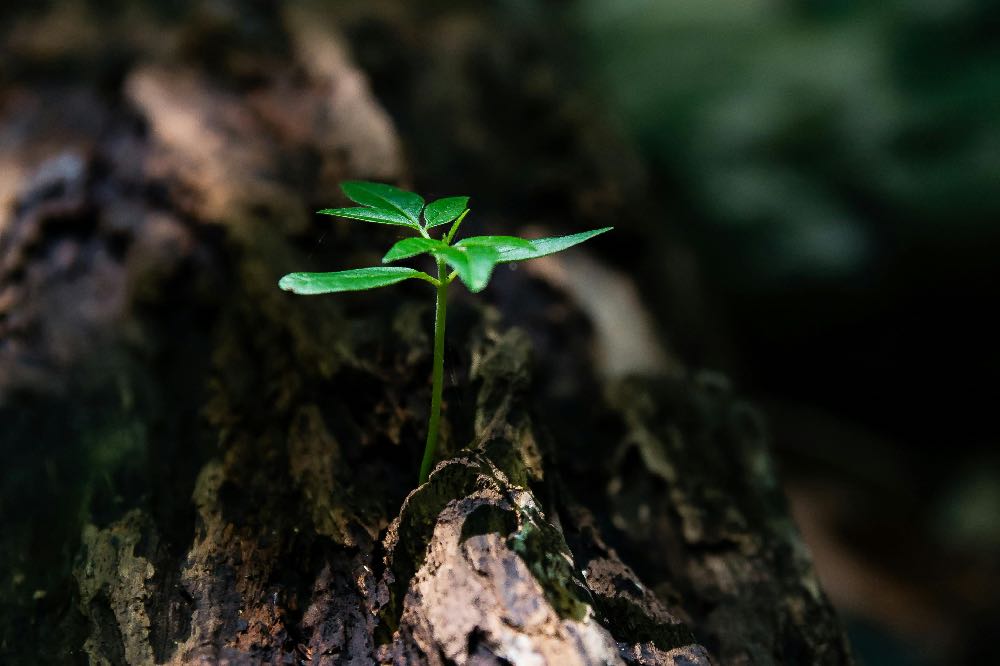All throughout the Scriptures we hear the call to conversion through repentance. John the Baptist called people to new life through repentance. Jesus did the same at the beginning of his public life, naming repentance as the condition for entering the Kingdom of God. He gave his followers the same task when he sent them out on their mission (e.g., Mark 6:12).
Despite the consistent witness of the Scriptures, early Fathers, Councils, the saints and countless thousands of believers who have tried to live this call, many contemporary Christians seem unable or unwilling to hear this call. There are at least two main reasons for this. First, we do not understand repentance in its religious sense of a way of love and trust in God’s infinite mercy. Instead, we view it mainly in psychological terms as an expression of a negative emotion, of an exaggerated or even pathological sense of guilt.
Second, we tend to view repentance in transactional terms, the payment of a debt for the wrong we have done. Again, we do not understand it as a way of healing, a path to newness of life.
Even more, we may find it difficult to understand just how deep the need for repentance is because we do not understand the immensity of what we have lost because of sin. We think of sin as a matter of breaking this or that commandment, an individual wrong act, rather than as the painful condition of human spirit alienated from God, the shadow background to our lives.
We can think of repentance as a way of “making friends” with ourselves. When we come into the presence of God and experience the reality of the divine love and mercy, we can also begin to know and love ourselves as God knows and loves us. We learn the truth about ourselves – our failures and sins, and thus our need for true conversion of heart. But the love of God makes the truth of ourselves bearable. We become able to accept the truth and surrender ourselves totally, just as we are – the good, the bad, the indifferent – into God’s hands and be at peace.


Saint Mary’s Church, Westmeath — Deanery of the Northwest